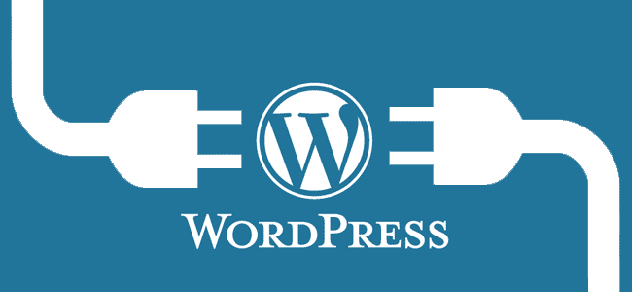If you’re new to website building, the WordPress.org vs. WordPress.com discussion might cause some confusion. The brand, the logo, and the founder are the same, so what’s the difference between the two? Which one is better? And most importantly – which one suits you better? Let’s dive in and take a look at key differences between the two solutions.
The Main Difference
The most important difference between the two solutions is where your website is hosted. WordPress.org is where you can get the free open-source software that you can install on your web server. In other words, WordPress.org provides only the software that enables you to create your own website. When using WordPress.org, you will need your own web hosting and a domain name. Since you have to host the website yourself, it’s usually referred to as self hosted WordPress.
WordPress.com is a fully hosted platform that lets you build and launch your website without worrying about buying hosting and domain names. It is fully built on the WordPress.org software. This allows you to concentrate purely on the content of your website, leaving the technical side of owning a website to the pros.
Features & Functionality
Both solutions greatly differ in their functionality and limitations. The winner in the scalability and functionality field is unquestionably WordPress.org. With the self-hosted WordPress solution, you have full access to control your website. This software:
- Allows you to customize all HTML and CSS code, database and files. This is the biggest advantage that WordPress.org has since it lets you have full control over your site.
- Supports third-party plugins for extensive functionality as well as custom themes for your website. With endless third-party extension communities, you can transform the website any way you want.
- Poses no restrictions on monetization: AdSense, affiliate marketing, sponsored posts, and other methods are fully available on WordPress.org. And, of course, there are free plugins to help you generate income from your site.
- Lets you use a custom domain name for your website’s URL with no additional price.
However, this universal customization comes with great responsibility: since you’re the only one who’s fully responsible for the website, you need to take care of the website’s upkeeping. Security implementation, backups, and updates are your responsibility. This usually requires a little bit of time and very basic technical knowledge but WordPress.org community provides extensive documentation on how to fully manage a website. All in all, you can modify your website as much as you want with barely any limitations.
With WordPress.com you have limited control and power over your website.
- One of the major downsides of this solution is that the majority of WordPress.com users cannot install third-party plugins and themes, with the exception of users with a Business plan (which goes for $300/year).
- The solution also doesn’t allow users to access backend code, database or files, limiting the customization even more.
- It limits monetization: the majority of monetization methods are available only on a Business plan, sponsored posts and affiliate marketing options are also restricted.
- If you use a free plan, your website will have a subdomain of WordPress.com in the URL (yourwebsite.wordpress.com). That’s suitable for a personal blog or a small website, however, it makes the website look rather unprofessional.
So, paying $300/year allows users to install custom plugins and allow semi-restricted monetization when the WordPress.org users can do that and more for free. However, WordPress.com has free and premium themes available to choose from, and the library is quite extensive. A website on WordPress.com also requires almost no upkeeping and it takes a very short time to get it up and running. It’s a good choice for beginners or anyone who doesn’t want to spend time on website building.
Pricing
It gets a little tricky here. As mentioned before, WordPress.org is a completely free open-source software. However, you will need to pay for web hosting and a domain name. Therefore, there isn’t one price point as the final cost depends on what hosting provider you choose.
WordPress.com offers 4 plans, depending on your needs:
- Free; Includes a WordPress.com subdomain in the website’s URL, 3GB of storage space and WordPress.com ads and banners.
- Personal ($4/month); Includes a free domain for a year, 6GB of storage, no WordPress ads.
- Premium ($8/month); Includes free domain for a year, 13GB of storage, unlimited premium themes, advanced design customization, monetization possibilities.
- Business ($25/year); Includes free domain for a year, unlimited storage space as well as premium themes, monetization possibilities and other advanced useful tools (SEO tools, custom plugins, and themes).
As it is visible, the WordPress.com offers a free plan but it is very modest. Depending on what functionality you require, you might need to spend between $4-25/month to keep your website running. If you score a good deal on web hosting, WordPress.org is a cheaper and more functional option in the long run.
The Bottom Line
In the end, the battle of WordPress.com vs. WordPress.org has no clear winner. The two sides of WordPress offer different solutions suited for different users. While WordPress.org offers excellent flexibility and customization supporting third-party plugins, WordPress.com allows the user to fully concentrate on the content with a fully managed service pack, no need of hosting and additional services. Think about what you want to achieve with your website and choose wisely but don’t forget – you can switch from WordPress.org to WordPress.com and vice versa easily if you change your mind.

